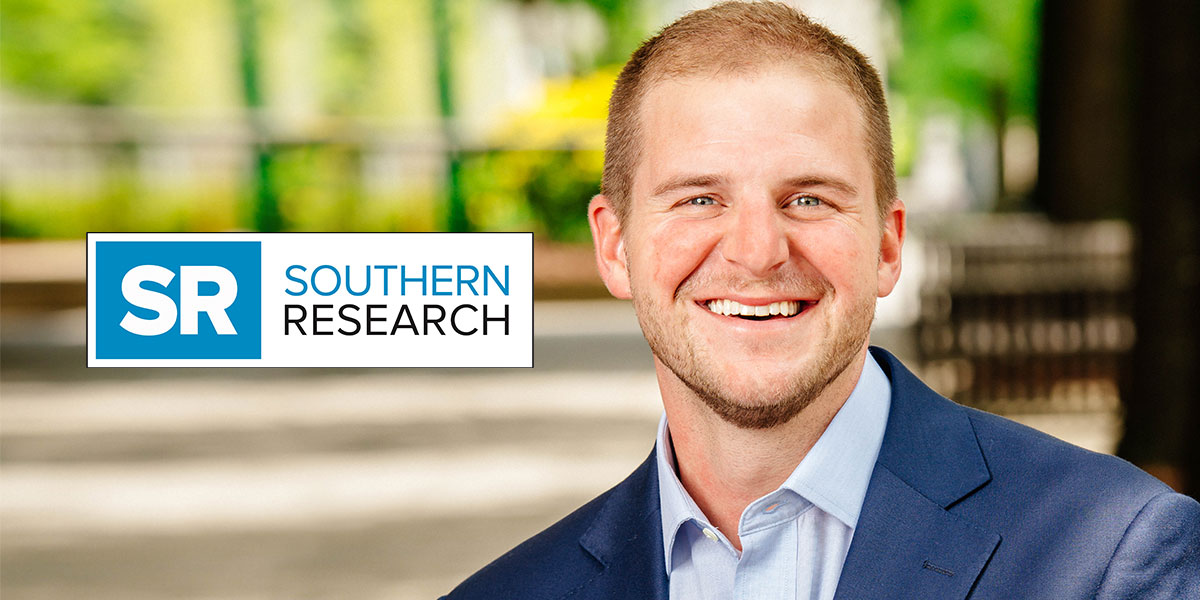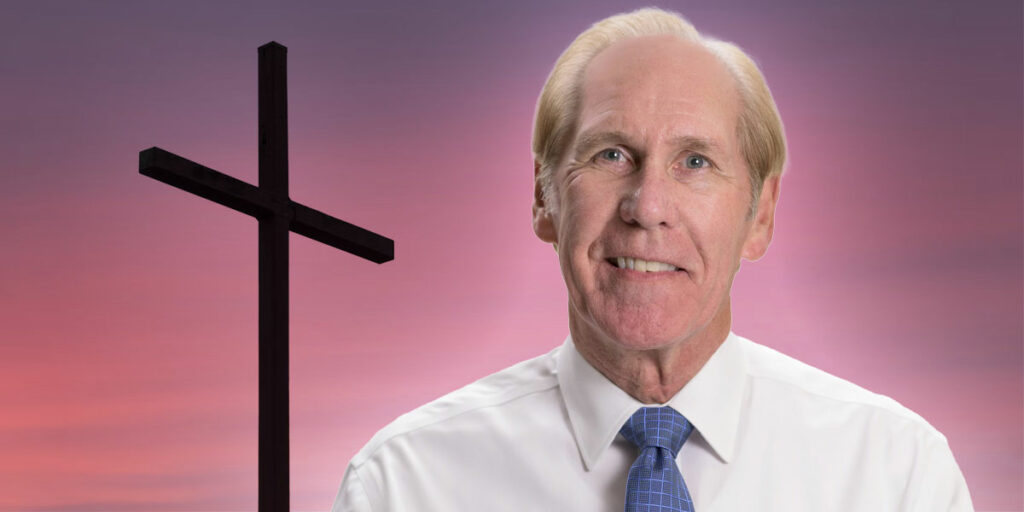Growing up in North Alabama, I remember watching movie trailers with excitement. They
always ended with a deep voice that said, “opening soon in select theaters near you.” As it turns out, those openings were never “near me” since my local theater was not one of those “select theaters.”
Those movies always premiered in big cities, often on the coasts. Most movies didn’t trickle to the theaters in Florence, Alabama, for another six or nine months. By then, I had forgotten about the trailer.
While kids (and adults) no longer have to wait for movies based on their ZIP Code (thank you, Netflix), they are waiting for something far more important: the best proven medical treatment. Waiting on a movie is an inconvenience. Waiting on the best medical option could be the difference between life and death.
Most scientific experts estimate that it takes an average of 17 years for proven biomedical
research to be implemented in clinical practice. That means it takes nearly two decades from when there is evidence of a discovery until it actually benefits patients.
For context, 17 years ago, Sen. Tommy Tuberville was still coaching Auburn, and Nick Saban was coaching the Miami Dolphins. And Twitter was a brand-new platform for football fans to complain about coaching decisions and play Monday-morning quarterback.
Closing that 17-year research gap and compressing the related lag time from drug discovery to drug deployment are critical objectives of translational research – the kind of work we do at Southern Research.
Since its founding 81 years ago as an Alabama-based nonprofit, Southern Research has executed every step in the long and winding process between the point when a potential medicine is identified in a test tube and when it becomes a drug that enters the human body. Throughout our history, our process has led to 20 new drugs developed at Southern Research, and we’ve assisted hundreds more of our commercial clients in drug development throughout the world — including 50% of all chemotherapies on the market. In fact, we have 20 drugs in the pipeline of development now, many of which are developed in partnership with UAB researchers.
At Southern Research, we believe it is our duty to make the best research and best medical
treatments available to our friends and neighbors in Alabama and throughout the Deep South — and, we don’t think they should have to wait 17 years for it.
This sense of duty is why we are embarking on an ambitious new project to build a clinical trials hub that will serve as a unique vehicle to support patients with cutting-edge care and give primary care physicians access to the newest tools in medicine.
This is precision medicine, and we know that it works. Aided by genomic information, precision medicine helps doctors identify the right treatment for the right patient at the right time.
This kind of precision medicine is already happening today, but too few Alabamians are enjoying the benefits. Our Community Health Catalyst platform would enable more providers to bring the best medical care to people across Alabama by giving them information about clinical trials that would meet their unique healthcare needs.
As a nonprofit with a proven track record in protecting highly classified data and a long history of biomedical research with hundreds of government and commercial clients, Southern Research is an ideal partner to develop a unique platform that link patients and their doctors to clinical trials.
Motivated to close the 17-year gap, three critical pillars guide the development of the Catalyst platform.
- First: Patients should be in control of their care, and they should know all of their options. Likewise, we are placing the patient’s relationship with their primary care physician at the center of this project. Patients will be able to review their data with their physician and decide what courses of treatment may be best for them.
- Second: We will make sure patient data is secured and anonymized, and it will never be shared with a third party.
- Third: We will organize patient data to enable them to benefit from new treatments that could improve their quality of care and open up access to the best drugs on the market.
Not only will this Catalyst improve health outcomes for Alabamians, it will grow jobs and attract investment to our state. Clinical trials are a $50 billion industry now, and that number is expected to grow to $80 billion by 2030. Our project would help Alabama secure clinical trial investments, positioning us as a top 10 state in one of the fastest growing industries in America.
We estimate our new platform by itself could add 1,600 jobs throughout the state, add $145 million in annual economic impact, and support rural healthcare providers who participate with new sources of revenue.
With advances in technology, Alabamians no longer have to wait six to nine months to watch the best new movies. We should not have to wait 17 years to receive the best medical care for our friends and families.
Josh Carpenter is president and CEO of Southern Research, a nonprofit research organization in Birmingham.













